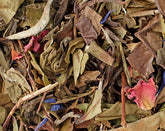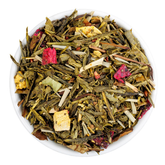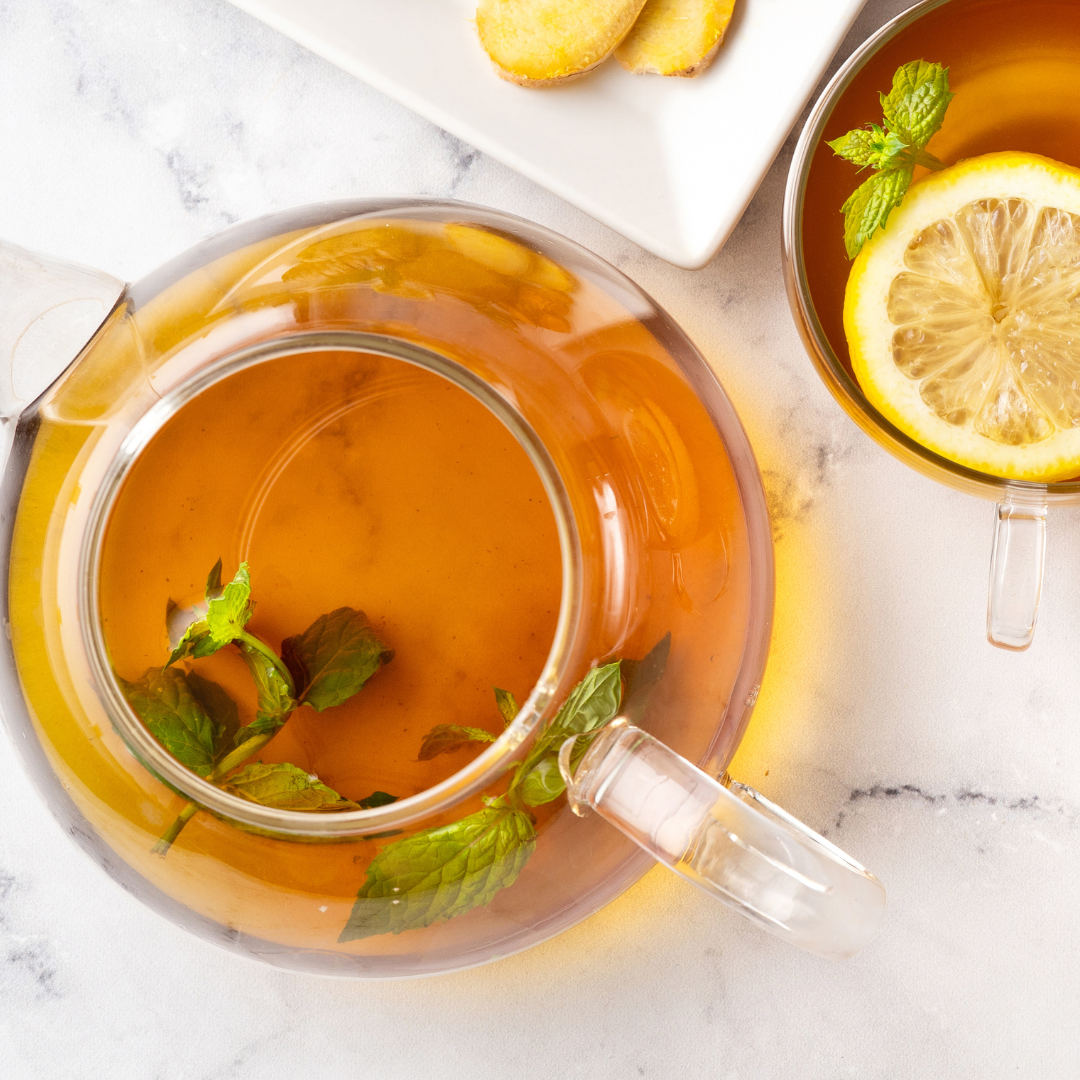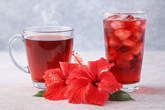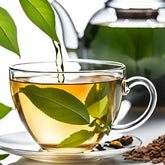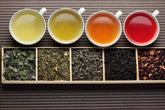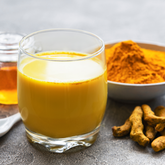Yellow tea is an expensive and luxurious tea with a unique aroma. The benefits of yellow tea are gaining attention fast. The tea is called huángchá in Chinese. It is known for its silky taste and was once treated as a drink only meant for the royal and elite. However, it is available worldwide today. Continue reading and learn more about yellow tea and its benefits.
What Is Yellow Tea?
Yellow tea comes from the processed leaves of the plant Camellia sinensis. Its process of preparation is similar to that of green tea – with an additional step of encasing and steaming the beverage. This results in a smoother taste than other teas.
The primary aim of making yellow tea is to remove the grassy smell of green tea while preserving the health properties. Yellow tea is available in different varieties, the most popular ones being:
- Junshan yinzhen
- Huoshan huangya
- Beigang maojian
- Da ye qing
- Haimagong cha
You can pick any of the varieties. All of these contain polyphenols and other important compounds that promote health and wellness by combating oxidative stress and enhancing antioxidant defense. Let’s look at the benefits in detail.
How Can Yellow Tea Benefit You?
The polyphenols in yellow tea fight oxidative stress and protect you from heart disease and cancer. Specific polyphenols can also promote improved blood sugar control and may help diabetes. These are the most important compounds of yellow tea – and they are the reason you should have it every day.
1. Promotes Heart Health
Yellow tea, like almost all tea varieties, contains polyphenols. Polyphenols offer protection against cardiovascular disease. They also boost the antioxidant defense of the endothelial cells, which further promotes heart health.
Polyphenols also exhibit anti-inflammatory properties that enhance heart health and prevent inflammation-related heart ailments (like coronary heart disease and myocardial infarction.
Another important set of compounds in yellow tea are flavanols, which help lower bad cholesterol levels.
2. May Prevent Cancer
Yellow tea contains many bioactive compounds that contribute to its anticancer effects. These compounds fight oxidation and inflammation, thereby cutting down cancer risk.
The polyphenols in the tea can also exert protective effects against cancer. These compounds not only act as antioxidants but also positively influence various cellular mechanisms.
3. Aids Diabetes Treatment
Supplementing with yellow tea was found to ameliorate symptoms associated with type 2 diabetes.
Most of the beneficial effects of the tea can be attributed to its polyphenols. The major type of polyphenols in the tea are catechins – EGCG (epigallocatechin gallate) being the most important of them. This catechin was found to help combat obesity and metabolic syndrome.
Polyphenols can also influence blood glucose levels and control (or even prevent) diabetes complications.
4. Promotes Digestive Health
Yellow tea polyphenols also play a role in treating many gastrointestinal issues.
Yellow tea antioxidants also help treat gastric injury caused by inflammation.
5. Can Aid Weight Loss
Yellow tea extracts (along with those of green tea) were found to reduce body weight gain and decrease body mass index significantly. The extracts can also increase satiety and energy expenditure during mealtime.
In another study, polyphenol intake was inversely associated with body weight and suggest to promote weight loss. A greater polyphenol intake can reduce body weight and even cut down the risk of heart disease.
6. Enhances Liver Health
Yellow tea might prevent the formation of fatty liver.
Research also shows that a polyphenol-rich diet can be considered a potential new approach for treating non-alcoholic fatty liver disease.
7. Helps Delay Aging
The polyphenols in yellow tea can offer benefits with respect to aging as well. Polyphenols derived from the leaves of the Camellia sinensis plant are believed to protect the human skin from the signs of photoaging.
Other studies have also recognized the photoprotective properties of tea polyphenols – especially those coming from the leaves of Camellia sinensis.
The tea polyphenols also combat oxidative stress, which is another major contributor to skin aging.

